Commensality and Cultural Heritage in the Middle East and Its Diasporas
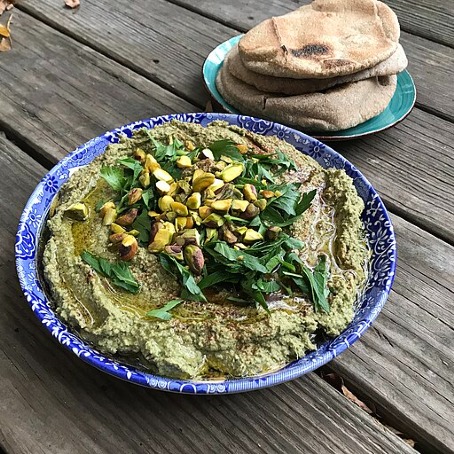
This Winter School revolves on the theme of "commensality", the prospect of coming together at the same table -or not-, with literal and metaphorical implications for respecting differences among those who share a meal. As a field of growing research in the arena of public health, scholars now connect commensality and sociability to individual and communal well-being. In this Winter School, we propose to use commensality, along with its cultural heritage, as conceptual lenses for the interdisciplinary study of food and associated customs, or foodways, among diverse people in the Middle East and in Middle Eastern diasporas.
Food holds an important position in people’s everyday lives and in the social values of individuals and groups, including communities that identify along religious, national, or ethno-linguistic lines. Among Muslims, Christians, Jews, and others, food remains a source of cultural pride, along with commitments to hospitality and charity. People value foodways and are aware of illustrious culinary traditions that go back centuries and in some cases millennia, starting with ancient innovations in agriculture that benefitted human societies at large. By examining foodways, we gain insights into historical continuities, cultural exchanges, and and social adaptations as people navigate change and forge new communities. At the same time, we will explore exciting new directions in research.
Practical information
|
Dates
|
26 - 30 January 2026
|
|
Location
|
Groningen, the Netherlands
|
|
Level
|
MA, PhD students, Postdocs and professionals in cultural heritage and food studies |
|
Fees
|
€ 230 excl. accommodation Incl. lunches, coffee & tea breaks, the opening dinner, a cultural activity, one excursion in Groningen, closing drinks |
|
Academic coordinators
|
Prof. Karène Sanchez Summerer, Faculty of Arts, University of Groningen Prof. Heather J. Sharkey, University of Pennsylvania |
|
Contact |
Foodways.winterschool@rug.nl |
Accomodation is not included in the tuition fee of the winter school and has to be arranged by the participants themselves. Below are a few affordable accommodation options we would recommend the participants to check out.
Accommodation (tips for cheap accommodation):
- BugGett
- PJs Hostel (with an option 'Single cocoon Women only': for around € 150 for 4 nights)
Requirements
The winter school is designed for Graduate students & Postgraduate students (MA, PhD students, Post Docs), and professionals in cultural heritage.
It is expected that the participants have a sufficient command of the English language to actively participate in the discussions and to present their own work in English.
Learning outcomes
The winter school has three learning outcomes. Upon completing the summer school, a student should be able to demonstrate a working understanding of:
1. Content knowledge
1.1. The major scientific theories in the booming interdisciplinary field of food studies
1.2 The research methods used to study food in history, sociology, religious studies, arts and cultural heritage programs
1.3 The ethics of food studies in support of coexistence and dialogue
2. Communication
2.1 Public-facing, high-impact scholarship, drawing on insights from the field of digital humanities
2.2 How humanities, arts and social scientists work with food practitioners
3. Integration of research and practice
3.1 How history practically shapes food studies in conflict and coexistence settings 3.2 How heritage policies shape and display foodways and food studies
3.3 Producing a chapter for a collective OA book (with GUP, series Visions of the Middle East) for a wide readership
Workload
-
35 hours of classroom instruction
-
18 hours of homework
-
3 hours of advance reading
Upon successful completion of the programme, the Summer School offers a Certificate of Attendance that mentions the workload of 56 hours (28 hours corresponds to 1 ECTS). Students can apply for recognition of these credits to the relevant authorities in their home institutions, therefore the final decision on awarding credits is at the discretion of their home institutions. We will be happy to provide any necessary information that might be requested in addition to the certificate of attendance.
Introduction to lecturers
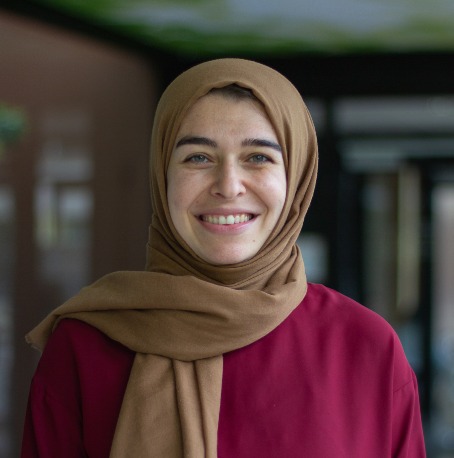
dr. Joud Alkorani is an Assistant Professor of Islam, politics, and society at Radboud University. An anthropologist with a background in Middle Eastern and Islamic Studies, Joud completed her PhD at the University of Toronto. Her research interests lie at the intersection of Islam, migration, neoliberalism, subjectivity, gender, and food.
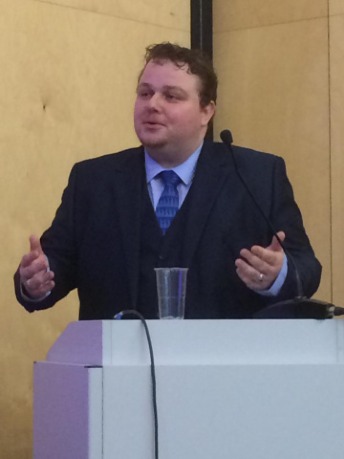
Prof. dr. ir. Frits Heinrich specialises in Ancient History, Agricultural History, and Food History. He is a Professor at Vrije Universiteit Brussel (VUB) at the research groups Interdisciplinary Historical Food Studies (FOST) and Industrial Microbiology and Food Biotechnology (IMDO). His interdisciplinary research combines archaeobotany, history, food chemistry, and biotechnology and focuses on Roman agriculture, diet, and nutrition, particularly of Roman Egypt. Frits co-founded the archaeobotanical laboratory at VUB and is involved in various historical farming and ethnoarchaeobotanical projects in Belgium, the Netherlands, Egypt, Sudan, Jordan, and Ghana.
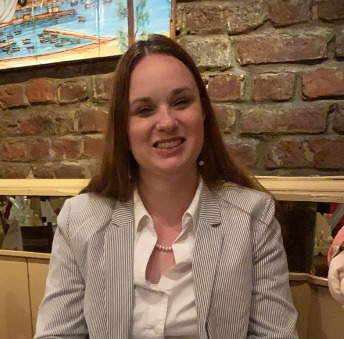
ir. Annette M. Hansen, MSc (Oxon.) is an agricultural and food historian, archaeologist, and ethnoarchaeobotanist specializing in the Islamic world. She is a researcher at Vrije Universiteit Brussel with the research groups Interdisciplinary Historical Food Studies (FOST) and Industrial Microbiology and Food Biotechnology (IMDO), and senior archaeobotanist on projects in Jordan, Egypt, and Sudan, and co-founded and manages VUB’s archaeobotanical laboratory. Annette is also completing her PhD at the Groningen Institute of Archaeology, University of Groningen.
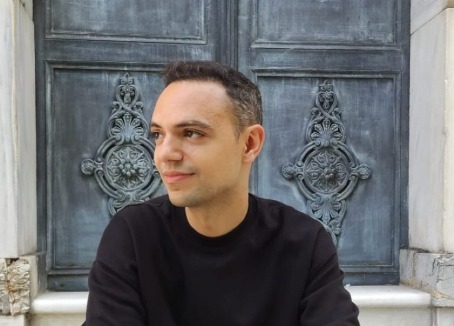
José Rafael Medeiros Coelho is a PhD Candidate in the Department of Middle Eastern Studies at RUG. His doctoral research investigates the migration of Ottoman Arab Christians to Latin America during the 19th and 20th centuries. Concentrating on migration, identity, and heritage, his work examines transnational connections between the Middle East and Latin America, offering new perspectives and challenging established historical narratives.
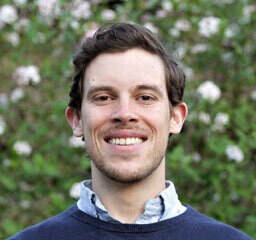
dr. Patrick Lewis is an assistant professor in the Department of Sociology and Anthropology at Concordia University in Montreal. His scholarly interests include linguistic and semiotic anthropology, economic anthropology, historical linguistics, and interdisciplinary approaches to the study of value. His current research projects include a study of the historical relationship between coffee and tea as multi-valent media of value in modern Turkey.
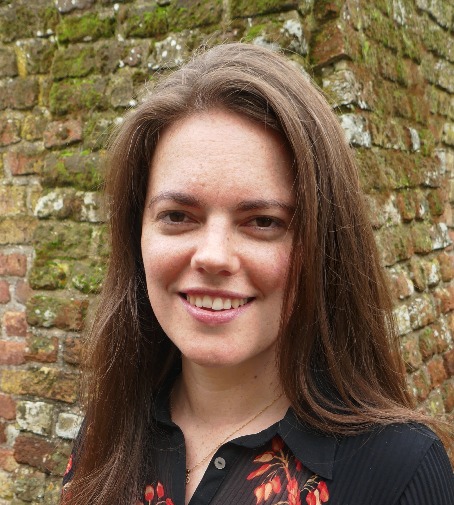
dr. Elizabeth Marteijn is a historian of Christianity in the modern Middle East with a particular interest in the social, cultural, and intellectual history of Palestinian Christianity, the Israeli-Palestinian conflict, and (forced) displacement. She works as researcher and lecturer at the Department of Middle Eastern Studies of the University of Groningen.
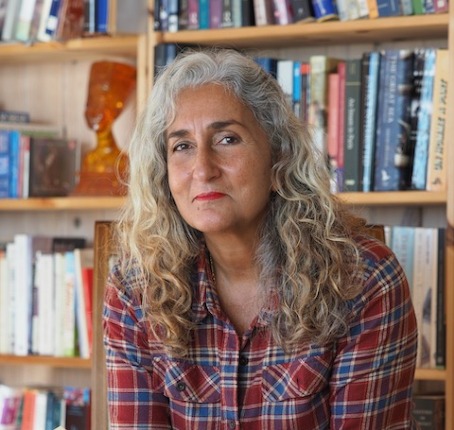
Prof. dr. Nefissa Naguib is Professor of Anthropology at the University of Oslo, explores the contemporary world and human-more-than-human interactions. Her research spans food, fresh water and seas, gardens, humanitarian themes, and diasporas. Current projects include examining intangible natural heritage, crafting, and migrations, blending social history with environmental and cultural studies.
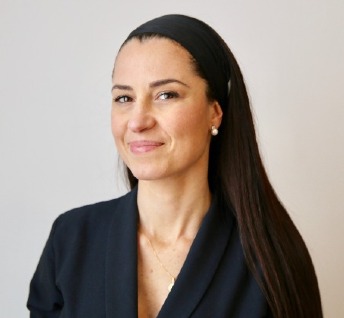
dr. Hélène Jawhara Piñer is a research associate of the Centre for Advanced Studies in the Renaissance (CNRS). Her main research interest is the medieval culinary history of Spain through inter and multiculturalism, with a special focus on the Jewish culinary heritage until the early modern period.
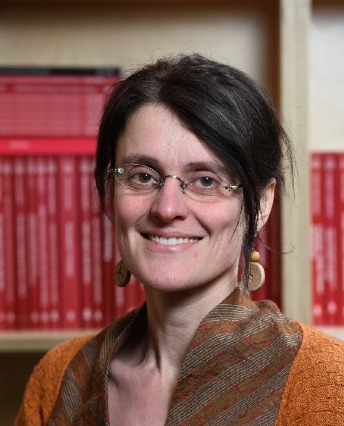
Prof. dr. Karène Sanchez Summerer is Professor and Chair of Middle Eastern studies at Groningen University, specializing in the relational cultural and social history of Ottoman and Mandate Levant, with a special focus on Great Syria, Palestine and its communities. She is currently enquiring foodways, Biblical orientalism and photographs in Mandate Palestine.
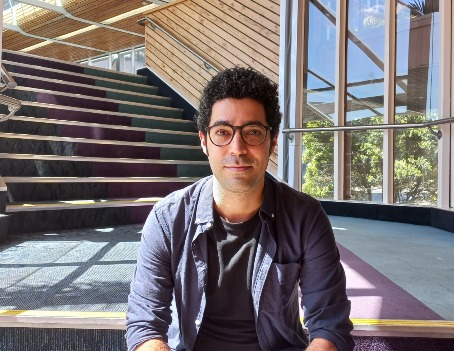
dr. Amir Sayadabdi is a Senior Lecturer in Anthropology at the Victoria University of Wellington, New Zealand. He is mainly interested in anthropology of food and its intersection with gender studies and migration studies. Amir is a board member of Association for the Study of Food and Society (ASFS).
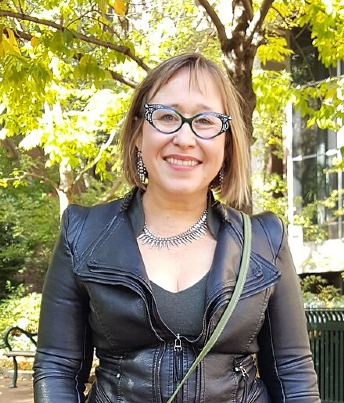
Prof. dr. Heather J. Sharkey is a Professor in the Department of Middle Eastern Languages and Cultures at the University of Pennsylvania, and the Oliver Smithies Fellow at Balliol College (2024-25, University of Oxford). She is the editor of a new book series for Edinburgh University Press on “Food and Foodways in the Middle East, North Africa, and Their Diasporas.”

Prof. Joanita Vroom is Professor of Archeology of Medieval and Early Modern Eurasia at Leiden University. She takes a special interest in the social-economic (production and distribution) and cultural aspects (consumption, cuisine and dining habits) of ceramics, using an interdisciplinary approach.
Artists
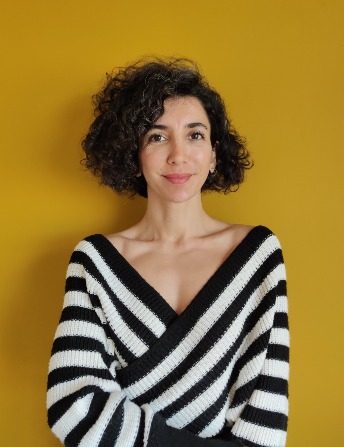
Nazlı Çiçek graduated from the Department of Psychological Counseling at Selçuk University. For 16 years, Çiçek worked with children and young people in educational institutions, using the therapeutic power of art to organize interdisciplinary psychosocial and art workshops. In the field of civil society, Çiçek has led volunteer projects.
In 2016, Nazli co-founded an art workshop with Sculptor Erdal Tüt, where they implemented various projects with both adults and children. Since 2023, Nazlı has been living in the Netherlands and continues to organize workshops with children and young people at the Sint Jacobiparochie Network Centrum. Having received training in breath body movement therapy, she aims to combine these disciplines with art to offer participants different sensory experiences. Together with Erdal Tüt, she invites participants on an interdisciplinary journey through workshops focused on artistic practice and gastronomy.
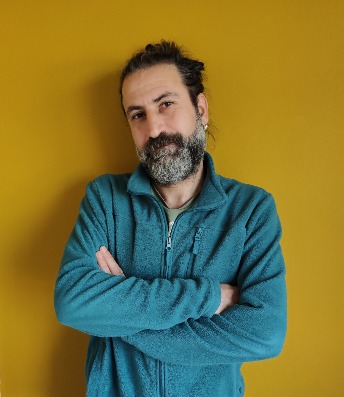
Erdal Tüt graduated from the Sculpture Department of the Faculty of Fine Arts at Yüzüncü Yıl University. Known for his works that interpret history, culture, nature, and human psychology, Tüt approaches his sculptures not just as shapes and forms, but as parts of a conceptual narrative. His aim is to take the audience on both an emotional and intellectual journey.
In his artistic approach, Tüt places a strong emphasis on social issues, human rights, and cultural heritage. He has played an active role for many years in the fields of children's rights, social support, and psychosocial work. In Diyarbakır, he organized art workshops with children, refugees, and individuals affected by conflicts, using art as a tool for healing and expression. Since April 2023, he has been living in the Netherlands, where he received international recognition for gifting a stone sculpture to King Willem Alexander of the Netherlands.
Together with Nazlı Çiçek, he invites participants on an interdisciplinary journey through artistic practice and gastronomic experiences.
Application procedure
To apply, kindly fill out the online application form. Please note that you will be asked to upload the following documents:
-
Curriculum Vitae (max. 2 pages)
-
Motivation letter, clearly stating why you want to join this summer school, what you will bring to the school and what you hope to learn (max. 1 page)
The application deadline is 1 December 2025 for external participants (those not associated with the University of Groningen). For UG participants, the application deadline is 15 December 2025.
| Last modified: | 16 April 2025 1.34 p.m. |
